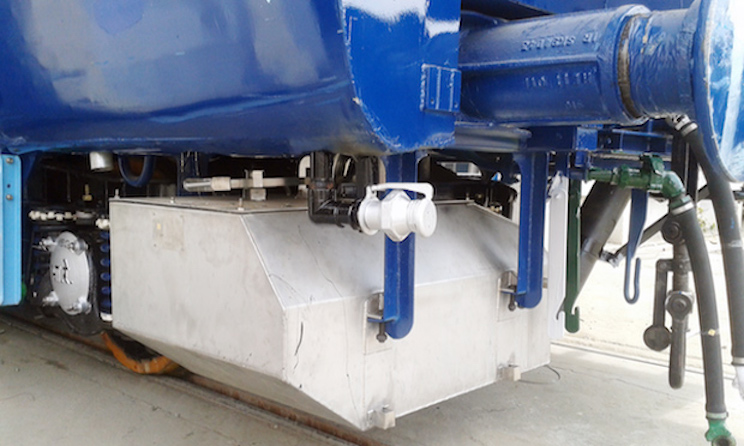Indian Railways’ first green corridor has eco-friendly lavatories

India’s First Green Railway Corridor; Bio-toilets equipped trains
The First ever Indian Railways Green corridor, the 114 km long Manamadurai – Rameswaram stretch of Southern Railway in Tamil Nadu, India, is the tract on which all the trains coaches now have bio-toilets thereby preventing discharge on tracks. This corridor is part of India’s efforts toward environment protection and Swachh Bharat (Clean India) drive, even if it cannot address all the cleanliness issues, dependent on other stakeholders, notably the passengers.
Indian Railway, in association with Defense Research and Development Organisation (DRDO), developed the environment friendly ‘IR-DRDO Bio-toilets’. According to Southern Railway, 563 bio-toilets have been fitted in 149 coaches that are handled by the Rameswaram railway station, in Tamil Nadu (South), which handles 13 pairs of trains on a daily basis, and has been developed as a ‘Green Station’.
Recently inaugurated by Union Railway Minister Suresh Prabhu, this first green train corridor is branded by the authorities as an important milestone in the efforts towards environment protection and a cleaner journey.
The bio-toilets will have a collection tank fitted with anaerobic bacteria to decompose faecal matter completely and only a colourless, odourless benign liquid that does not pollute the environment will be released. The tank has seven chambers. By the time the excreta traverses through these chambers and reaches the exit, it is fully decomposed.
In order to adhere to the quality standards, every three months, inoculum bacteria will be loaded in the tanks and once a month, test on night soil discharge will be conducted to ensure the proper functioning of the system.
Sanitation still disrupted by travellers
Prior to this development, the human defecation was discharged on the tracks or rivers, which is one of the major causes leading to an unhygienic environment and corrosion of tracks that at times caused accidents. Besides, the human waste also corroded the under-gear of the railway coaches. Moreover, there are minor issues related to the bio-toilets which pertain to behaviour of the passengers. People tend to dispose newspapers, plastic water bottles, polythene bags and gutka pouches (tobacco) that clogs bio-toilets.
However, there are other sanitation issues in the railways that still persist, for example, the food catered in unwashed cutlery, disposal of solid wastes on tracks by passengers – throwing empty packets or plastic cups out of the window- and unsanitised blankets among others.
Indian Railways have already provided 40,750 bio-toilets in its coaches till June end this year and it is planned to equip more coaches with 30,000 bio-toilets in the current fiscal. Also, after Rameswarm-Manamadurai, Okha-Kanalas Junction (141 Km), Porbandar-Wansjaliya (34 Km) and Jammu-Katra (78 Km) would be taken up for making them free from human waste discharge from trains. The final goal is ambitious but still years away: to install bio-toilets in trains all over the country.









